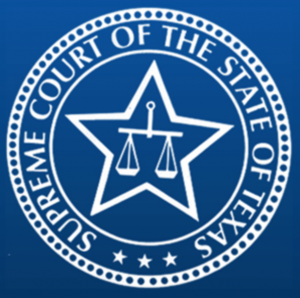
(February 8, 2023) Texas grocery giant H-E-B appealed to the Supreme Court of Texas on February 3, 2023, over a business disparagement and defamation lawsuit filed by Maverick International Ltd. back in March of 2021. H-E-B has argued in their appeal to the Supreme Court, which was previously denied by the 9th Court of Appeals in Beaumont, that the comments they are being sued over should have been protected under the Texas Citizen’s Participation Act (TCPA) but that the commercial exception to the act “categorically excludes retailers.” So, what is the TCPA, and how does the commercial exemption exclude major retailers from protection against business disparagement claims?
Did you know?
The Texas Citizen’s Participation Act was first signed into law on June 17, 2011, in response to a growing number of business disparagement lawsuits originating from online reviews.
 Texas Injury Lawyers Blog
Texas Injury Lawyers Blog


 The Supreme Court of Texas recently issued an
The Supreme Court of Texas recently issued an